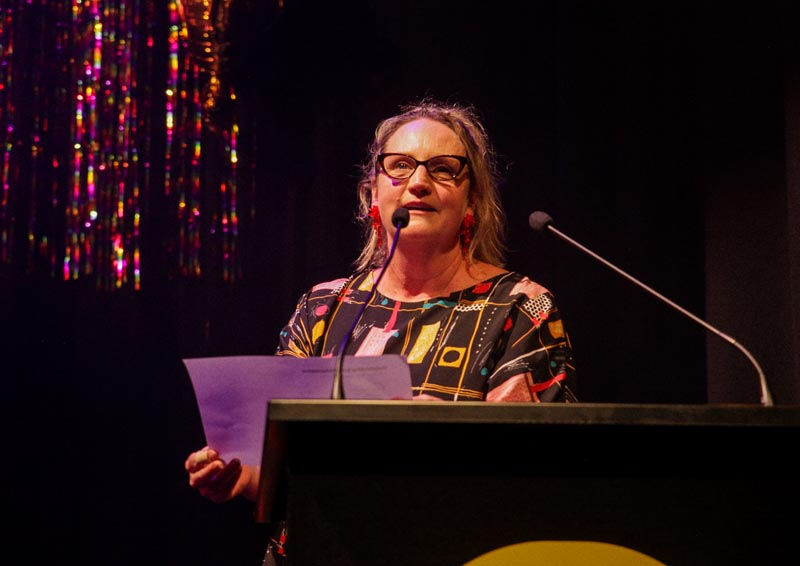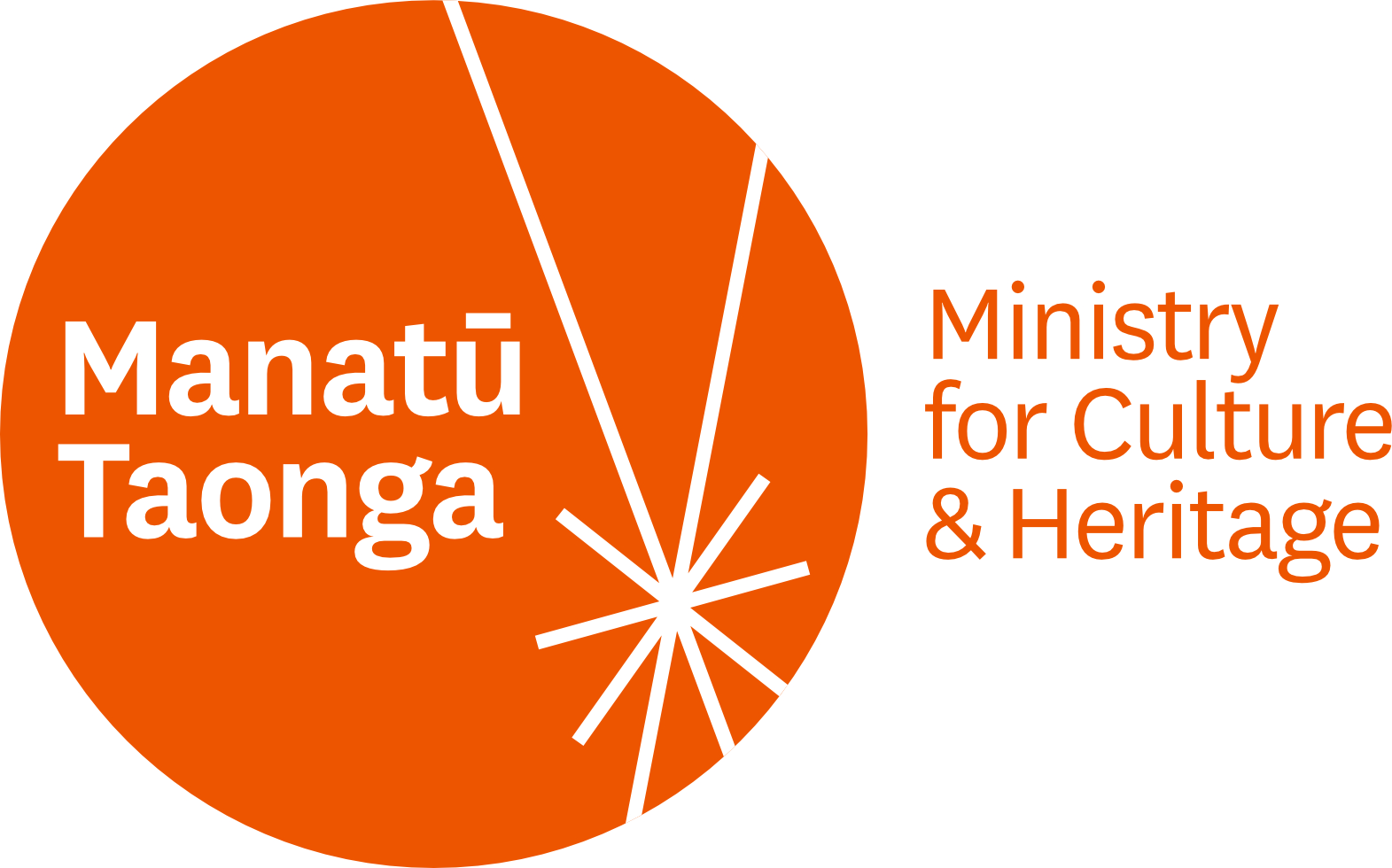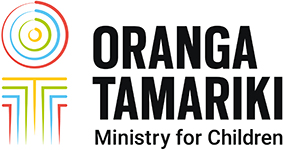Stories are powerful and can affect change. They can explain, connect, challenge, entertain and heal. They can be spoken, sung, written, painted, rapped, staged and digitalised.
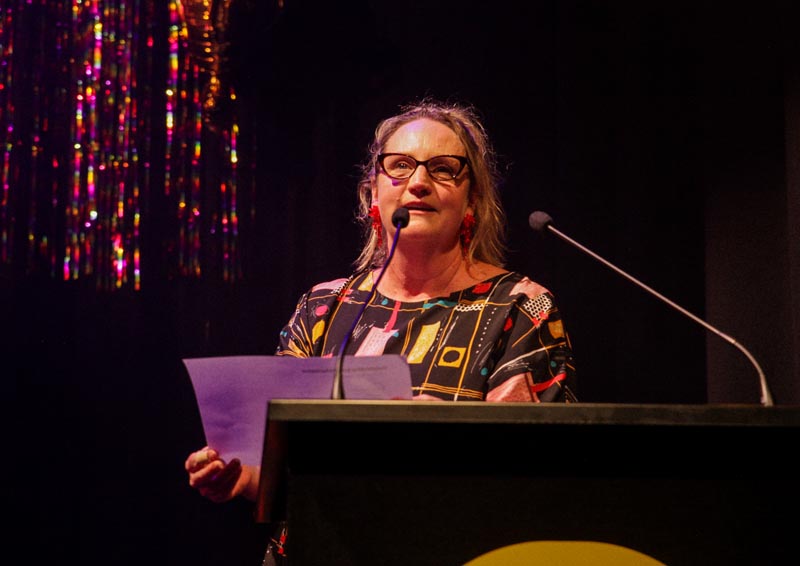 As a volunteer for the Bedtime Stories programme, I visited women’s prisons. We arrived with recording equipment and suitcases of children’s books. The women chose books for their tamariki or mokopuna, and we recorded the women reading them, adding their personal messages, and then sent the books and the recordings to those children.
As a volunteer for the Bedtime Stories programme, I visited women’s prisons. We arrived with recording equipment and suitcases of children’s books. The women chose books for their tamariki or mokopuna, and we recorded the women reading them, adding their personal messages, and then sent the books and the recordings to those children.
These stories helped to build and maintain whānau connections. The women enjoyed the process, carefully considering the choice of books, and families loved receiving the books and hearing the voices of their mothers/grandmothers/aunties.
Some women took to the microphone with confidence, providing a range of personalities and inflection to the stories. Others required gentle coaxing, a rehearsal, a restart and help with pronunciation. Some refused to be recorded.
Hearing our own voices can be confronting, especially when voices have been marginalised. The hardest sessions were around Christmas when emotions brimmed over. We were tethered by stories of Hairy Mclary, Maui’s Hook and The Very Hungry Caterpillar. As Dame Miranda Harcourt says: "A book is a very unifying thing."
Bedtime Stories focused on returning to Remutaka Prison
Bedtime Stories was trialled by Miranda in 2014 and Dr Kerryn Palmer continues to lead this work with a group of volunteers. In 2020, Bedtime Stories could not access prisons because of COVID-19. They are currently focused on returning to Remutaka Prison in 2024.
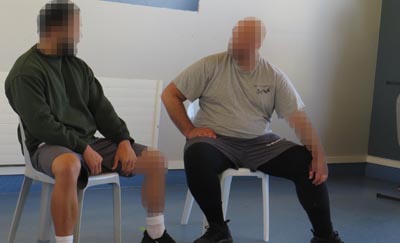 Many successful arts programmes in prisons are focused on storytelling. Theatre-makers Jamie McCaskill (Ngāti Tamaterā) and Dave Armstrong are delivering a programme in Whanganui Prison where the men produce scripts, many of them autobiographical, that become the basis of an acting/devising course. Without judgement or censorship, there’s been autonomy and revelations.
Many successful arts programmes in prisons are focused on storytelling. Theatre-makers Jamie McCaskill (Ngāti Tamaterā) and Dave Armstrong are delivering a programme in Whanganui Prison where the men produce scripts, many of them autobiographical, that become the basis of an acting/devising course. Without judgement or censorship, there’s been autonomy and revelations.
Home Ground also uses storytelling. They address the issues women and whānau face in the justice system with creative projects inside and outside of prisons.
Creative director Jacqui Moyes states: “Telling the truth is hard, so we use creative approaches to unravel and reshape the narratives women have of themselves and their life experience.”
There are also some notable theatre productions about incarceration in Aotearoa, including Broken Arse (1991), Manawa (2012) and Cellfish (2017).
Award-winning stage and radio play, and documentary film
More recently, Pasifika theatre company The Conch’s award-winning stage and radio play, and documentary film, A Boy Called Piano - The story of Fa’amoana ‘John’ Luafutu (2022).
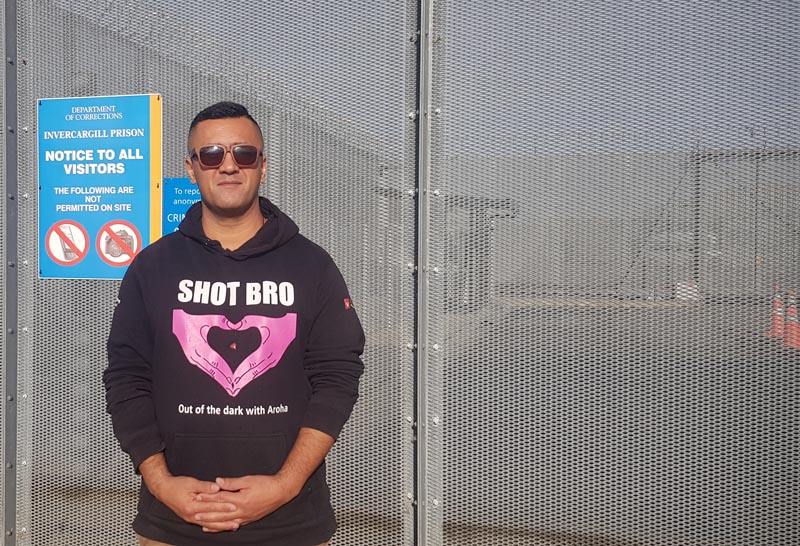 And two solo plays of note - Shot Bro and Verbatim - have been performed repeatedly and to acclaim.
And two solo plays of note - Shot Bro and Verbatim - have been performed repeatedly and to acclaim.
Rob Mokaraka’s (Ngāpuhi, Ngāi Tuhoe) Shot Bro – Confessions of A Depressed Bullet (2016) is an autobiographical solo play about crises in mental health, inter-generational trauma and suicide, which are often catalysts for criminality.
Shot Bro continues to tour, including prisons and workplaces, and kōrero suicide and depression in communities. The post-show wānanga is an integral part of the presentation – the transition from tapu to noa, from the unsettling story to a place of hope. Mokaraka tells his story and creates a space for others to tell their stories.
Verbatim presented in every prison in Aotearoa and also overseas
In contrast to this mostly indigenous-led work, two Pākehā New Zealanders, William Brandt and Miranda Harcourt, created the 1993 solo play Verbatim. The play is based on interviews with families of offenders and victims, and with the offenders themselves, some of them Māori and Pasifika.
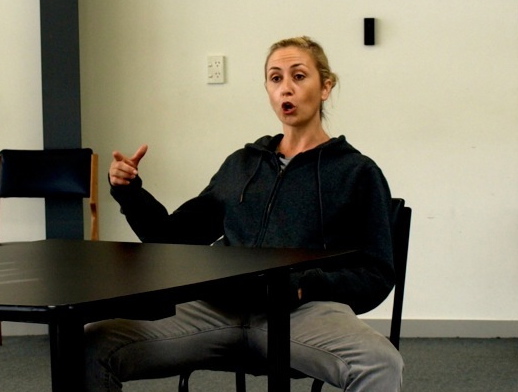 The original production was presented in every prison in Aotearoa and to correction facilities overseas. It also toured schools and theatres. Thirty years later, Verbatim returned to the mainstage at Circa Theatre in Wellington with Renee Lyons in the role, as part of the 2023 TAHI New Zealand Festival of Solo Performance. Read William Brandt's blog about Verbatim
The original production was presented in every prison in Aotearoa and to correction facilities overseas. It also toured schools and theatres. Thirty years later, Verbatim returned to the mainstage at Circa Theatre in Wellington with Renee Lyons in the role, as part of the 2023 TAHI New Zealand Festival of Solo Performance. Read William Brandt's blog about Verbatim
In presenting Verbatim in 2023, there was an inevitable conversation about what has and hasn’t changed in our justice system and society. The power of the performance and script, and the social relevance, were still palpable.
The conversations in and around the 2023 production were more informed, and acknowledged indigenous over-representation in prisons, intergenerational trauma and mental health.
There are shared themes in all these works – of friendship, desire for change and hardship. Some of these stories are personal narratives that explore redemption. Others provide an insider’s guide, with stories of connection and resilience. All with a backdrop of advocacy for social and political change.
Are these performances most effective inside prisons and/or in community spaces? Are the traditional structures of Western theatre, of a generally passive and privileged audience, an unreceptive place for stories of incarceration?
“Indigenous theatre artists make medicine”
I’m drawn to the central idea of aroha in these arts programmes and theatre performances. Canadian theatre director Yvette Nolan (Algonquin) writes: “Indigenous theatre artists make medicine” through reconnecting and nurturing communities.
Can the strong connection of Māori and Pacific peoples to their ancestors and the past, and to aroha/alofa, make “medicine” for the future, and reduce the cycle of harm and incarceration?
I believe that all of our stories can be conceived and received with aroha. Our stories that address the long-term impact of colonialism in Aotearoa; that reveal the lineage of social behaviours that lead to incarceration; that reach at-risk communities; and connect women and children.
The over-representation of Māori and Pacific peoples in our justice system needs our continuing attention and activism. In Aotearoa, stories can nudge and dismantle colonial systems and shift paradigms in our world. We need stories. About other issues too - climate change, equality for all, wars. With aroha, stories can create change.

